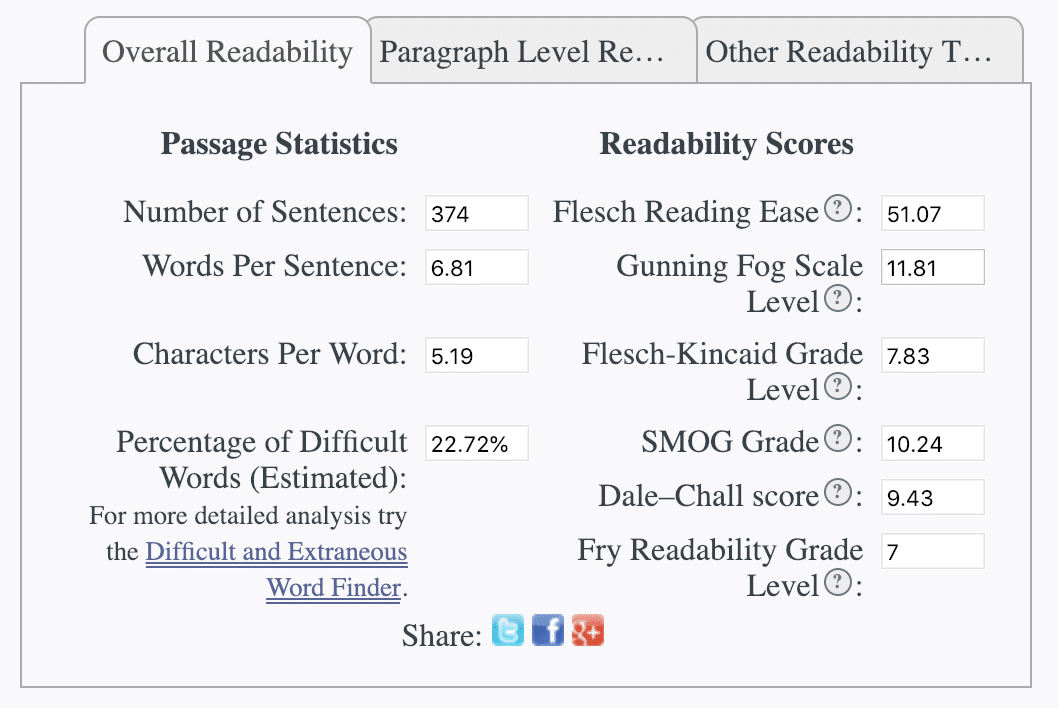Terms broken down into plain english.
It’s been like a fireworks show lately, from April through June, with pop-ups and interstitials all stopping you from continuing on with a website you use regularly in your bustling daily life saying, “you must agree with this to be able to continue to use this website.”
Most people just click “agree” and know that they are basically at risk of agreeing to a really bad deal in order to keep moving, read what they want to read, buy what they want to buy, and go on with their day.
How good or bad is it? What is being agreed to… we took a moment to try and break down a common example of what we think is a pretty typical and standard agreement.
First of all, why now? What changed with privacy policies that caused all the hub bub, bub?
Well, we can’t blame it all on 9/11, but… no, seriously though, Europe’s new General Data Protection Regulations (GDPR), which has been approved since 2016, finally went into effect on May 25th, 2018. Since almost all major sites operate and do business in Europe, they needed to update their policies. Specifically around how they opt people into their terms – as you know, most sites basically ask for all rights to all your information, wrapped in legalize written by Bob Loblaw, attorney at law. Europe was like, “okay, these terms need to be written in a way that is more straightforward to people can understand what they are getting into…”
The struggle is real.
A study published by Carnegie Mellon University (whose mascot is a flaming brain wielding a sword) put it into very real, geeked-out terms; the study shows that if people in the United States were to actually read the privacy policies that they were served prior to agreeing to them, on average it would take each person over 244 hours in a given year. Reading these policies would collectively cost the people of the United States $365 billion dollars in lost leisure time and productivity at work each year.
Because this Blog is supposed to make it easier to understand terms associated with Privacy Policies, we are putting this overly simplified summary here:
Many of the largest companies with Privacy Policies out there will likely have similar terms and language as the example below. You need to read each to know for sure, but if they have a privacy policy like the one below, here’s an exaggeratedly simple break down:
- Companies collect, store, and analyze any and all data that is associated with you
- This means emails, instant messages, photos, your browsing history, searches, what you view, what you click, your financial information
- Financial information includes brokerage statements, payment information, etc.
- Literally anything that they can associate you, by whatever means they get it, they’ll will use it
- This means emails, instant messages, photos, your browsing history, searches, what you view, what you click, your financial information
- Information sent to you by any person or company is allowed to be collected, stored, analyzed and sold
- Information that can be gathered from anyone that you are connected to is allowed to be collected, stored, analyzed and sold – this includes emails, instant messages, photos, posts, etc.
- This information on you is collected directly by the company as well as indirectly, through bought or given means
- Even if you are not using their products, services, or websites they are allowed to still track and gather information about you
- They are allowed to sell to you, up-sell, cross-sell to you and if another party buys your info that party is allowed to sell to you as well
The full policy is shown below in its original format as of April 2018.
Let’s start by taking Yahoo’s Privacy Policy for example…
Before we start, to make it clear, we are not picking on Yahoo. We’re just using them as an example. Why? Because they’re not as polished as Amazon and Google and frequently do things wrong, so why not?
First, we’ll set the stage and dial in how well this “updated” privacy policy adheres to being easy to read and easy to understand. Yes, those are 2 different things. Things can be easy to read, yet at the same time difficult to process. Lobby groups use this tactic frequently when trying to pass things like amendments that require a public vote. Example, “You should never not create an exception to slavery prohibition for criminals, whereof the party shall have been duly convicted.” Yes, exact– wait, what?
We started by running Yahoo’s privacy policy through a readability analyzer. Let’s see how it did…

But what does it mean?
To oversimplify, Yahoo’s Privacy policy is written at around a 7th or 8th grade level in terms of “ability to read it,” but requires approximately a college graduate level of education to understand it. It scores as highly “foggy,” meaning it is difficult as a straight read-through in a single pass.
If you look at just the Dale-Chall, considered by most “in the know” on the subject of readability mapped to understanding to be one of the most accurate methods, a score higher than 9 indicates a very high level of education required to process what is written.
To put it another way, if Yahoo’s Privacy policy was an escape room, unless you’re a college graduate – you’re going to have a very hard time making it out alive.
Let’s dig in, shall we?
Buckle up, buttercup. We’ll go through this piece by piece. NOTE: this is a blog, we are not lawyers, we are not offering legal advice. Yada yada yada, let’ begin. Yellow blocks are the actual policy, green blocks are our opinions.
Wow. This is grueling. You ready for a break? Let’s break, grab a cold one, use the facilities and we’ll circle back in 15…




